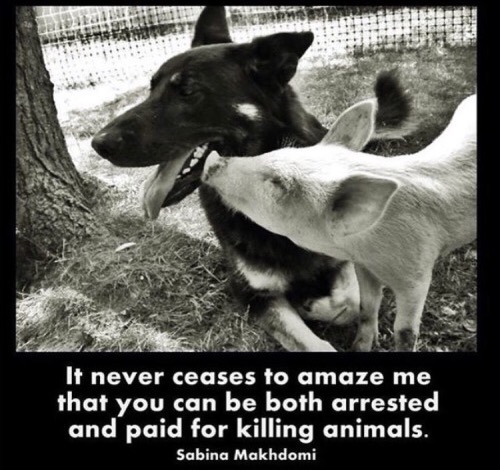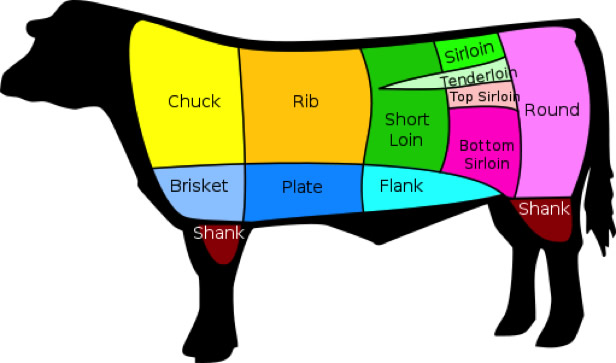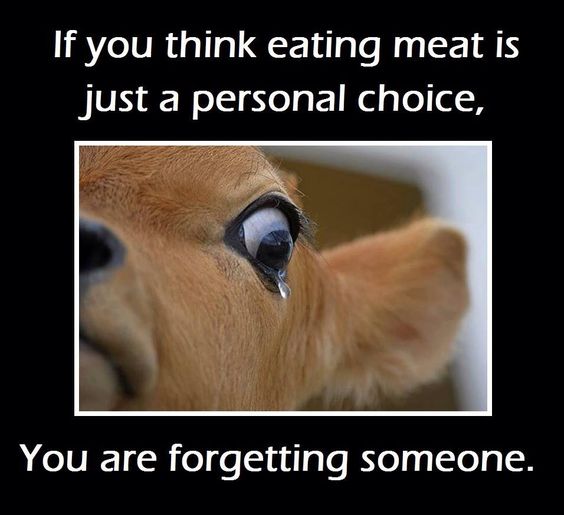Have you ever thought about the cotton shirt you’re wearing? No, really thought about its origins and how it got to be on your back?
Seeds were planted in a field, they grew over time into cotton, were harvested, sent off to a manufacturer, and through many different processes turned into the shirt you’re wearing.
Fascinating, isn’t it? We never really take the time to think about where our clothing and items come from, but it’s so interesting to think about how my shirt is a product of those beautiful cotton candy-like puffs of white growing in the field I pass on the way to my destination.
Thank you, beautiful plants, for my shirt and other clothes.

The same goes for all the goodies we have in our lives. We are the lucky ones to be at the end of the line–the consumer, so that we don’t have to think about or be the ones to make our items from the base up (unless you work for a company that does, of course).
We are so very disassociated and disconnected with how our goods get to us. Walking through the supermarket we don’t think about what all went into making those ramen noodles and that beach chair. We like it, we buy it, go home, and use it. The end.
But with any product, many groups of people spent a lot of time to make that item, package it, and ship it to the store so that it might appear on the shelves for us to buy. And we pay for it and the convenience of getting it. Consumerism at its finest.
Some might argue this process is not a good thing for us humans, or that many people and things are taken advantage of along the way. And they might be right in many cases. There are definitely a lot of products put on our shelves that have questionable practices behind getting them to the consumers. Workers taken advantage of and underpaid, environmental pollution, unhealthy ingredients snuck into seemingly healthy foods…
But what about a “product” on the shelf, along with all the other thousands of goodies, that was once a living, breathing, feeling sentient being? What do we think when a product is marketed as another piece of food to pop into your mouth like ramen noodles, but it once breathed air, felt attached to its mother, and yearned for life? What do we think when we’re standing there, deciding if we want to buy this item and we know that by buying it, our $3.50 we’re paying for it is being cast as a vote in favor of the product, telling the company that produced it: “Yes, I indeed want this item and encourage you to keep producing more of it because I’ll keep supporting you!”
The majority of people will see that product, think, “Yup, I want it,” pop it into their cart, check their text message from their friend, and keep shopping. These people are disconnected and disassociated with what it took to make that “product.”
They don’t stop to think that this item they’re buying…

…was actually once this…

(but most likely not on the beautiful green pasture seen in this picture)
But why? Humans are smart. We know better than this. We know what it is we’re buying. And most people are compassionate by nature. We have empathy for others, we share the same feelings, we connect and share our joy, pain, and sadness. We love our dogs and cats like family members, and we know it’s wrong to physically harm them.
So why then, is it okay to knowingly purchase the above being and support the company that killed it?

Over time humans have become disconnected from what we’re truly doing and supporting. We have restricted our compassion and empathy to certain animals, yet see certain “others” as edible, when they are just as smart, lovable, and full of life as our pets (and also made of the same meat, mind you).
Our detachment from what we’re doing to animals and the fact that we’re consuming them has changed our perception, so that a sentient being deserving of life and full of emotions is not seen as that, but rather seen as this instead:

What has happened to us? Where has our empathy gone? Aren’t we greater than this? Don’t we pride ourselves as beings above animals due to our rationality, reasonableness, and capability to make rational decisions about our food–things that animals can’t do?
Then why are we still treating animals as products, like the lamp on your table or the shirt on your back? How can rational, self-professed animal lovers support the killing of animals? We have become the world’s greatest paradox.
People everywhere, no matter how intelligent and seemingly rational they are fall prey to this ideology that animals are products and should be consumed.
Melanie Joy, Ph.D., Ed.M., Harvard-educated psychologist, professor of psychology and sociology at the University of Massachusetts Boston, researched this paradox and created a term called carnism, which she defined as “a concept in discussions of humanity’s relation to animals, defined as a prevailing ideology that conditions people to support the use of animal products, especially meat.”
She argues that there is a hidden ideology that pervades our society, and everyone (unless you grow up vegan or vegetarian) has this ideology as they grow up, not knowing they have it. That ideology–carnism–allows people to think it is acceptable to kill and eat animals for food, when in reality, this goes against everything we as humans feel–compassion and kindness for living beings.
We have all sorts of ideologies in all walks of life that we aren’t even aware we follow, so this ideology is rational and makes sense, and it’s absolutely terrifying knowing that people are conditioned to go against their naturally moral ideologies in order to justify the slaughter and consumption of another living being when it is not necessary for survival. I keep asking myself, what have we become? When will we wake up and see our actions for what they really are?
We grow up eating meat, so we think it’s okay and acceptable, but I truly feel deep down, we know it’s not okay. Perhaps this explains why many people become defensive when a vegan/vegetarian mentions they’re vegan/veg. Maybe people feel they have to justify why they eat meat because they know in their moral hearts that it’s wrong. And no, in this case what you eat is not a “personal decision so leave me alone”…

When you stop eating meat, it is common that your perspective changes. You “wake up” in a sense and see the consumption of meat for what it really is, and suddenly, it’s not so okay anymore. This is why vegetarians and vegans are passionate about their cause and diets, and want to share it with the world. Their perspective has changed and what you have on your plate is not just seen as a piece of food anymore to them, but it is seen as a once living being that had a strong will to live, just like you and I do.
I believe this is the main reason why meat-eaters can’t grasp (or claim they can’t grasp) the argument vegetarians and vegans are making–along with their ideology of carnism, their perspective has not turned over. They haven’t “woken up” in this sense.
But this is why it’s important for veg/vegans to understand these concepts of carnism and perspective. Unless we grew up as veggies, we were once buried in our ideology of carnism until we “woke up”. It’s hard to be accepting of those who consume meat once we’ve jumped to the other side of the fence, but it’s important to remember that their perspective hasn’t changed yet, and we were once there as well. I have to remind myself of this all the time.
Compassion–for people and animals–is always the right answer. Help others to see how you see. Only they can ultimately change their perspective on this issue, but we can help them to get there.
We already know that unless someone is a socio or psychopath and naturally lacks empathy, each person has a sense of compassion. So let’s work with that compassion people naturally have–don’t degrade them for something they see as “natural, normal, and necessary”, even though your perspective is different. Be logical, be rational, and hope they make the step to match their compassion with their actions.
And if anyone is reading this that still consumes meat, consider what I’ve written. Ask yourself: Does my compassion for animals match my actions? Is it really okay to see animals as products? Do I really want to support an industry that makes money off killing sentient beings for food? And if you…

I encourage everyone–meat eaters, vegans, and vegetarians alike–to watch Melanie Joy’s incredibly informative Ted Talk on carnism. It’s truly insightful and the guaranteed best way you can spend the next 18 minutes.
Animal lovers, it’s time to let your actions match your words and heart.
May all beings be free from suffering.
❤ Heather



Beautiful! So eloquent and compassionate!
LikeLiked by 1 person
Thanks! ❤
LikeLike